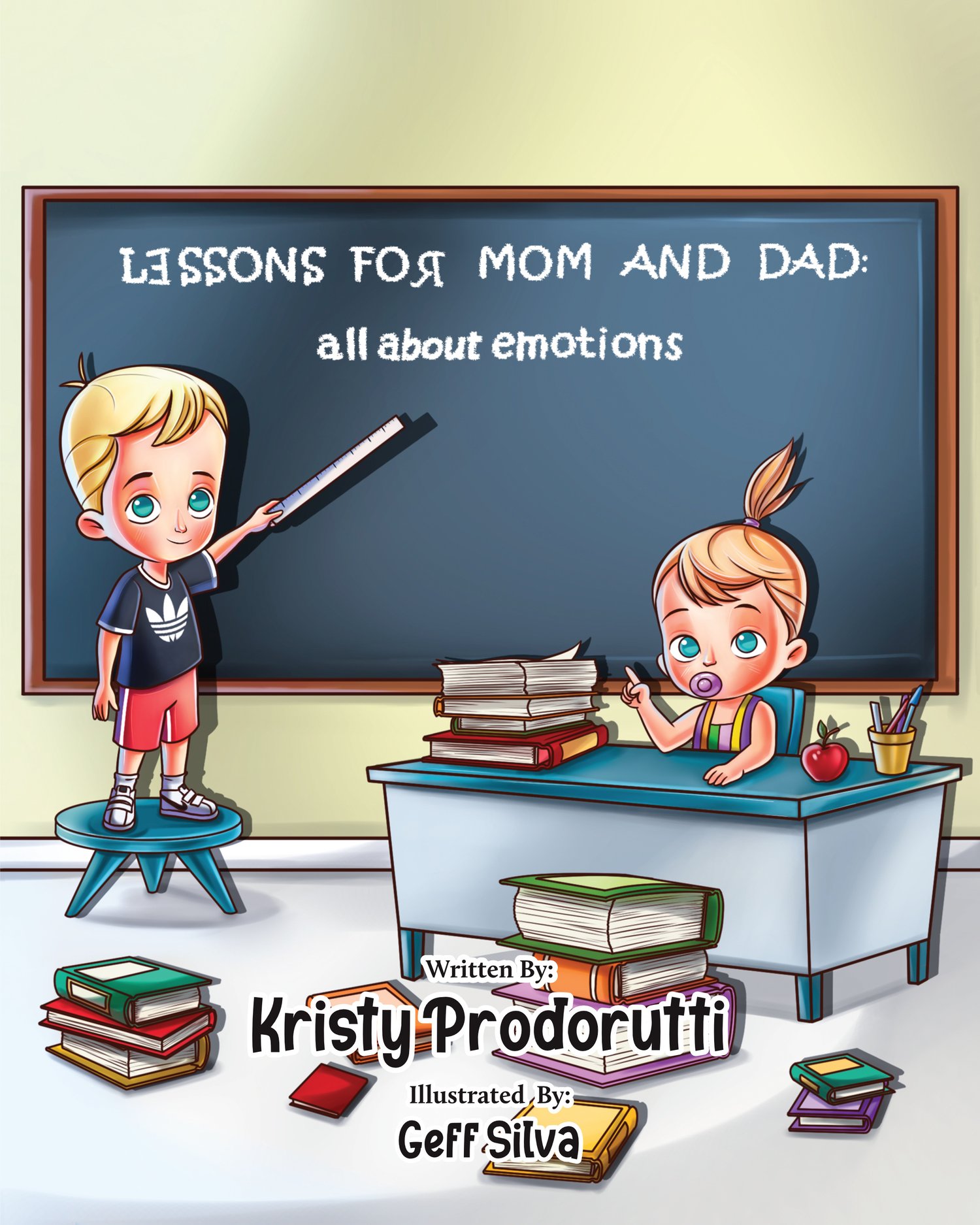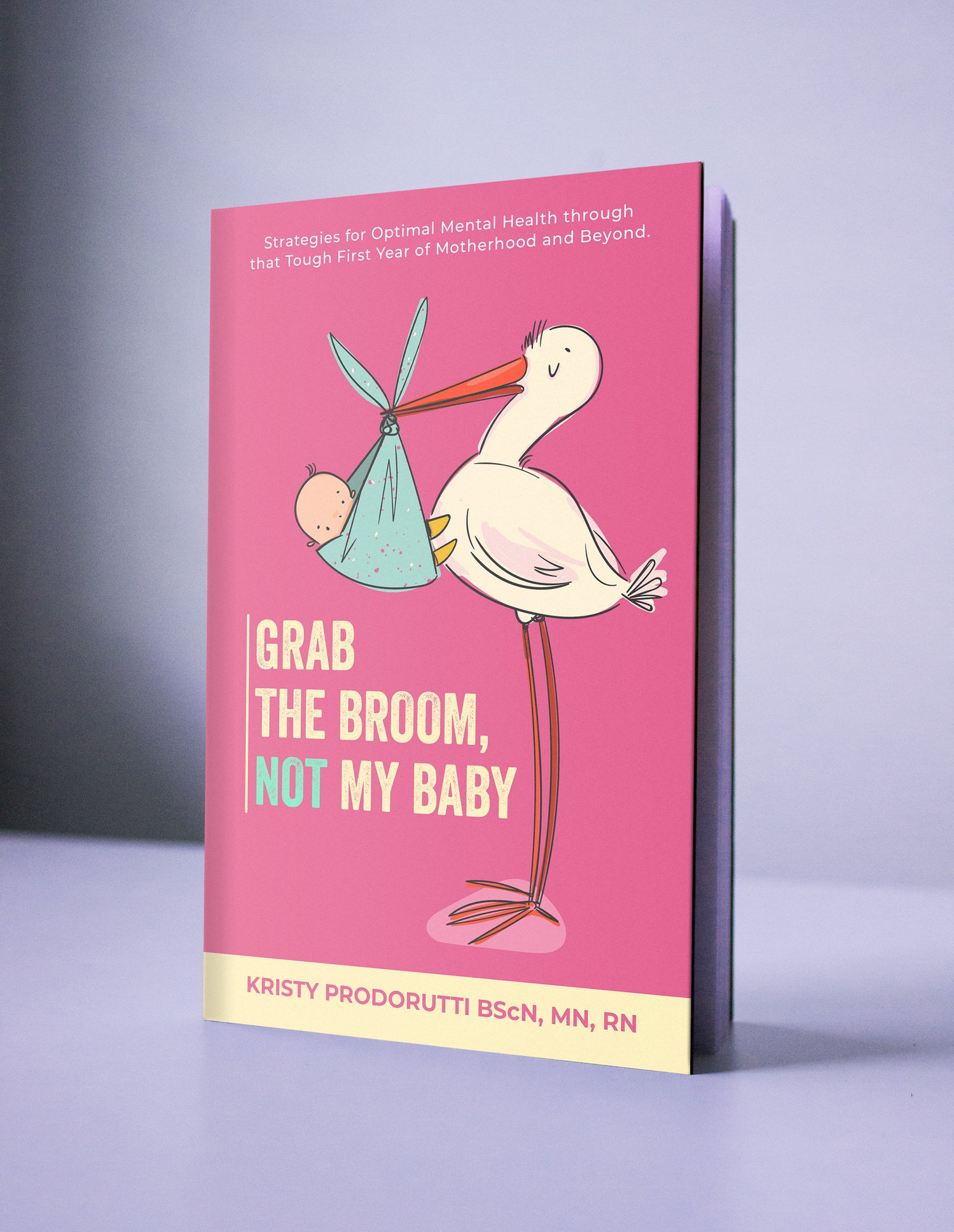About Me
I’m a Registered Nurse that holds my Master's in Nursing and have devoted my career as a nurse to the specialty of Maternity. When I had my first child I felt as though there was no better way to enter into motherhood than to have the knowledge and training that I had. My career helped me immensely; I was a maven at changing diapers, had a pretty respectable understanding about breastfeeding, and could bathe a baby like nobody’s business.
But then I became a mother. I started feeling anxious. The relationship with my husband took a turn. I didn’t recognize my own body. I missed my extra bubbly self at social events. I didn’t have the energy or the same patience for the nonsense that I always seemed to manage before having a child. My house wasn’t always ready to be on the cover of a Martha Stewart Living magazine (because this was something I thought could happen at any given moment before becoming a mother), my dog became a third-class citizen, and my husband didn’t seem to ever have clean underwear folded neatly in his drawer anymore. On top of it all, no matter how I was feeling on any given day, it was as if I was constantly reminding myself that my old life was gone forever and there was a no-return policy on the life I had traded it in for.
Much of the research dedicated to postpartum depression and anxiety has found a close link to the societal pressures of perfection and, the totally unattainable, expectations of motherhood. As a society, we have created a myth that portrays motherhood as nothing short of blissful. When we don’t find this experience to be true because we aren’t excelling perfectly at motherhood, we deem ourselves failures. It is irrational to expect women to morph into flawless mothers overnight without struggle, angst, sadness, or challenges. Along those same lines, mothers have become more and more isolated from our communities; which means not only are we supposed to do things perfectly, but we are supposed to do it all perfectly.
With this in mind, I started journaling, researching, and brainstorming strategies that would support all mothers to become more resilient and mentally healthy during the very challenging first year of motherhood and, in turn, for the rest of their lives. It’s time to transform our communities. We must talk about raw truths of motherhood, share our stories to help prepare mothers-to-be to the best of their ability, break down the expectations of perfection, find and create support in our communities, and construct a world that helps mothers take better care of their babies by focusing on better care for themselves.
This book is my journey. It illustrates my struggles. It explains my learning curves. And it offers strategies to help you and your beautiful family stay healthy mentally, emotionally, physically, and spiritually. I hope when you read it, it puts a smile on your face, confidence in your mind, and strength in your soul. Enjoy.


